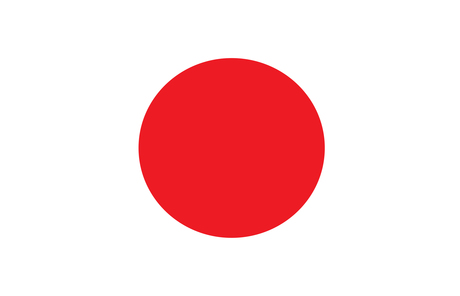Aussie stem cell firms jump on Japan fast-track

Australian regenerative medicine companies are rushing to take advantage of new Japanese legislation to fast-track the approval process for their cell-based products.
Japan’s parliament last week passed a new Bill that legally defines new medical products which contain stem cells as regenerative medicine products. The new law allows the Japanese government to conditionally approve such products if their safety is confirmed in clinical trials.
Regeneus (ASX:RGS) Executive Chairman John Martin said the new law provides a separate, streamlined approval channel for regenerative medicine products such as cell therapy.
“These new laws will help drive innovation in the regenerative medicine space and will attract the attention of other health regulators,” he said.
Regeneus plans to use the new channel to fast-track approval of the human version of CryoShot, its off-the-shelf cell therapy platform for osteoarthritis and other inflammatory musculoskeletal conditions. Regeneus went public in September with a $10.5 million IPO.
Mesoblast (ASX:MSB) separately announced it will be able to use the regulatory pathway to pursue expedited approval of products based on mesenchymal lineage stem and precursor cells.
The company plans to establish strategic partnerships with Japanese companies for its products, similar to its existing deal with JCR Pharmaceuticals, to help commercialise a cell-based treatment for steroid-refractory acute graft versus host disease (GvHD).
Regeneus (ASX:RGS) shares were trading 22.22% higher at $0.605 as of around 2 pm on Monday, while Mesoblast (ASX:MSB) shares were up 4.44% at $6.12.
How a tiny worm changed a decade of scientific thinking
A tiny roundworm has helped University of Queensland scientists rethink the way sensory nerve...
A scientist, a cooler and a long-haul flight in the fight against MND
Early in January 2026, neuroscientist Dr Rachael Dunlop boarded a flight from Sydney to the US...
Mini lung organoids could help test new treatments
Scientists have developed a simple method for automated the manufacturing of lung organoids...



